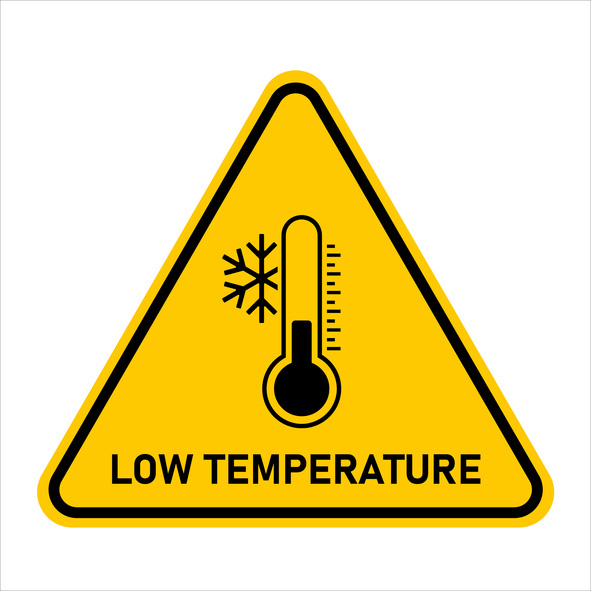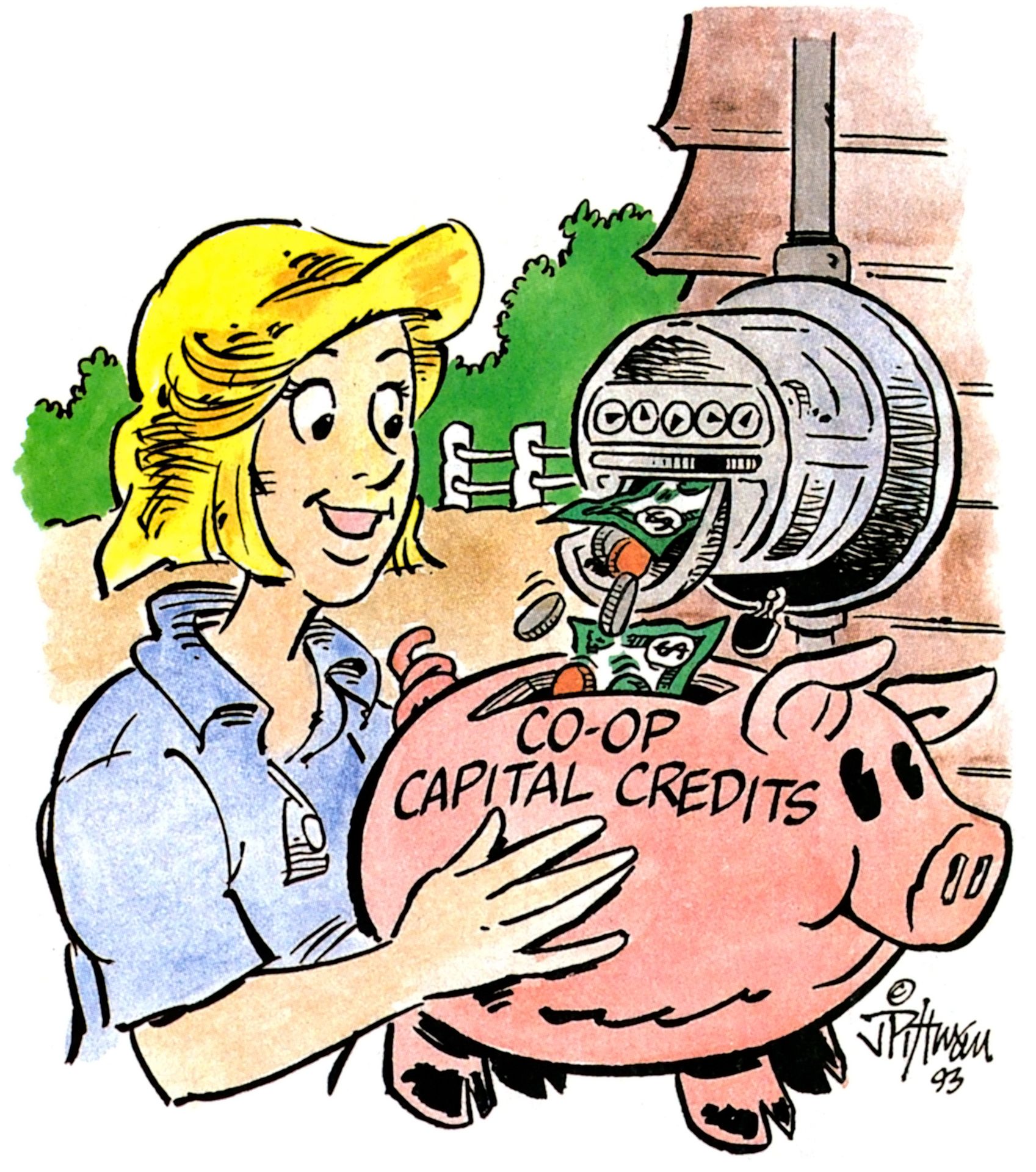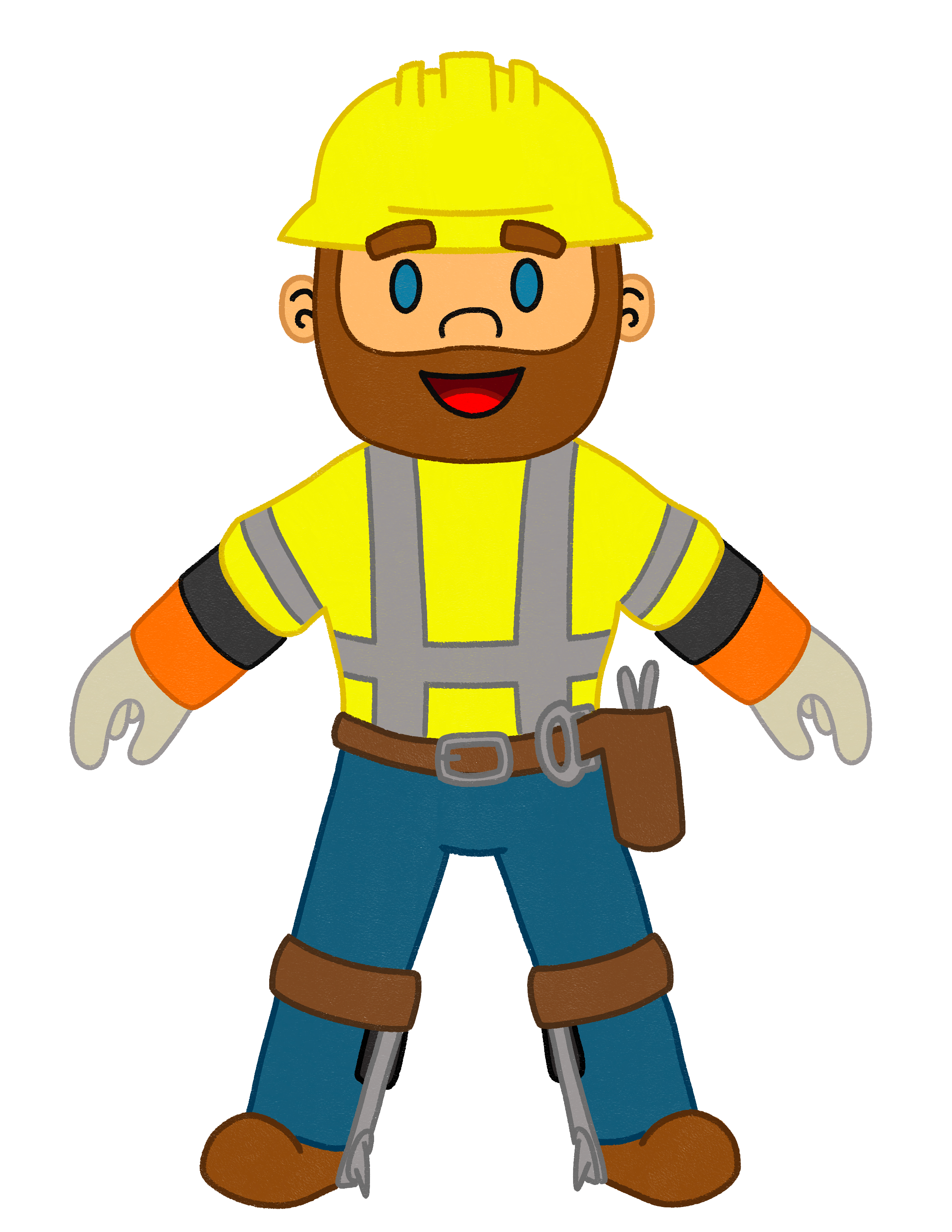Cold weather alert

During this first official week of winter, North Carolina is under a state of emergency in anticipation of dangerously cold weather. Tidelanders will be exposed to unseasonably low temperatures. The average low temperature for December in our service territory is 37°F. In the next few days temperatures are likely to drop into the teens multiple nights. There is also a wind advisory for Friday, December 23, that could cause scattered outages in Tideland territory.
Here are some recommendations as you prepare for this significant drop in outdoor temperatures:
- Sign up for a Tideland high energy use alert today. On average we recommend setting a daily energy use alert for $7 or $8 but you are welcome to adjust it as needed. To create an alert visit the member portal or call our office at 252.943.3046.
- Close crawlspace vents to help retain heat to help keep pipes from freezing and to keep floors warm.
- If you choose to let faucets drip to prevent frozen pipes, do so on the cold water side. If you feel you need to drip your hot water line please shut off the water heater breaker to avoid excessive energy use and possible damage to your water heater. Don't forget to insulate outdoor faucets as well.
- Make sure all windows are closed and locked. Crazy as it may sound, our energy auditors frequently find top window sashes that are not all the way up.
- Remove window air conditioning units so windows can be fully closed and locked.
- Check duct work to make sure all your home's heat is being directed indoors and not into your crawlspace or attic. Major duct leaks are fairly common and they are much more easy to detect during extreme outdoor temperature events. If you have a double wide mobile home, it's particularly important you check the home's crossover duct connection that joins the front half of the home's duct work with the back half.
- Close fireplace dampers when your fireplace is not in use. In fact, when outdoor temperatures are below 50°F we do not recommend any open hearth fireplace use. According to the Chimney Safety Institute of America, the efficiency rating of a standard wood-burning fireplace is, at best, around 20 percent. This means 80 percent of the heat the wood produces goes up the chimney and out of the home. As a result your home heating system has to work even harder to warm the tremendous amount of make up air fireplaces require.
- Avoid clothes drying during the coldest times of the day. Why? Because make up air is required to replace the air being exhausted outdoors by your dryer vent. This make up air comes from unconditioned air being sucked into your home through windows, doors, walls, attic access hatches, etc. All that cold air then needs to be heated by your home's heating system.
- Do not operate your home's heating system in the ON, EMERGENCY HEAT, or AUXILIARY HEAT mode. Only operate it in the AUTO mode.
- We recommend a thermostat setting no greater than 68°F in winter. If that setting isn't adequate look for other ways to boost comfort such as wearing layered clothing or a nice hot cup of tea.
- If you have a heat pump, we recommend a "set it and forget it" thermostat strategy.
- The prolonged use of electric space heaters can damage household wiring. If you must rely on a space heater, operate it at a low or medium setting. If the plug gets too warm, turn the heater off for a while or switch to another outlet. If breakers trip due to space heater use that's a sure sign that you are overworking your home's wiring. As always, be sure smoke detectors are working properly.
- Don't forget to change your HVAC system filter regularly especially when the unit is working overtime to keep you warm.
By Heidi Jernigan Smith
Manager of Energy Services & Corporate Communications




